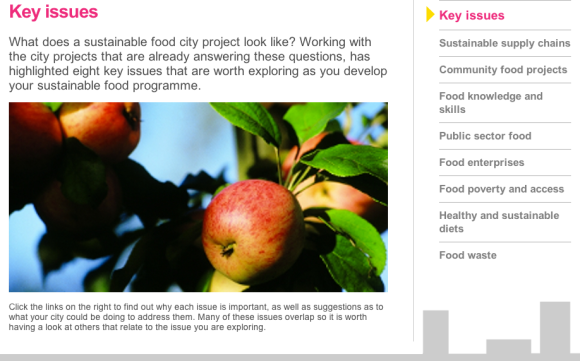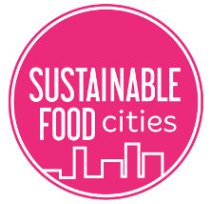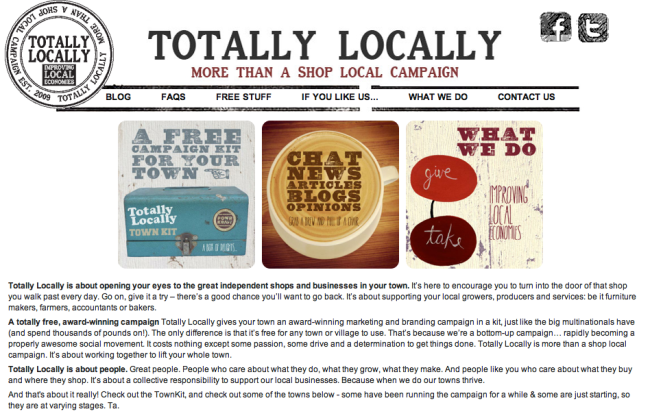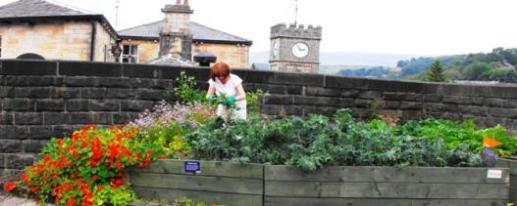The Faculty of Life Sciences at The University of Manchester and Manchester Museum are hosting a series of discussion events exploring the development of a sustainable future for Manchester
These events will bring together experts from outside the University and academic researchers to present the pertinent issues, ideas and solutions surrounding transport, clothing, housing, biodiversity and food.
7 May: Clothing with Sara Han, Stitched Up
14 May: Housing with Richard Frankland, Dwelle
21 May: Biodiversity with Matthew Holker, Greater Manchester Ecology Unit
28 May: Food with Pam Warhurst, Incredible Edible
Tuesday 7 May: Clothing Sara Han, Stitched Up. Freelance eco-fashion designer and member of the Stitched Up collective, Sara Han, will discuss the waste situation in the UK and how sustainable design solutions can reduce clothing and textile waste. Sara will talk about the work of Stitched Up, a non-profit co-operative that inspires people to create a sustainable wardrobe through up-cycling and stitching. Also considering the pertinent issues and ideas surrounding clothing and sustainability – Judy Wong, Teaching Fellow in Fashion and Clothing Technology, will be presenting a range of opinions based upon fast fashion and sustainable clothing.
Tuesday 14 May: Housing Richard Frankland, Dwelle. Using cellulose fibre extracted from 100% recycled newspaper for insulation, Dwelle create sustainable eco-friendly micro-buildings that aim to be resourceful and efficient. Architect Richard Frankland will introduce the key issues surrounding housing and the environment, and discuss the implications of using renewable materials to create ecological structures. Also considering the pertinent issues and ideas surrounding housing and sustainability – Angela Connelly from the School of Environment and Development will discuss the issue of adapting to climate change and innovative solutions to flood risks; and Andrew Karvonen, Lecturer in Architecture and Urbanism, will look at reducing the carbon footprint of houses in Manchester.
Tuesday 21 May: Biodiversity Matthew Holker, Greater Manchester Ecology Unit. In order to develop communities’ wildlife identification and recording skills, From Grey to Green is a project that has been created by the Greater Manchester Ecology Unit to encourage and train local people to identify and record wildlife across the county. Community Engagement Officer, Matthew Holker, will conduct a talk on the importance of recording wildlife, with an emphasis on submitting records and the roles of the National Biodiversity Network and Local Record Centres. Also considering the pertinent issues and ideas surrounding biodiversity and sustainability – Henry McGhie, Head of Collections and Curator of Zoology at Manchester Museum; Dr. Roland Ennos will present research on the cooling and flood prevention effects of urban trees and other types of green space; Dr. Emma Gardner will discuss opportunities for enhancing biodiversity across the University; and Dr. Jennifer Rowntree will look at pollination and sustainability.
Tuesday 28 May: Food Pam Warhurst, Incredible Edible. Encouraging people to share responsibility for the wellbeing of one another and the planet, Incredible Edible works with public bodies to use land for planting and growing, and with local communities to support their own sustainable ideas. Chair of Incredible Edible Todmorden, Pam Warhurst, will discuss the future of the environment through sustainable food growing, turning towns into edible landscapes where the produce is freely available to anyone who wants it; in doing so, making communities stronger, creating social enterprises and educating the young. Also considering the pertinent issues and ideas surrounding food and sustainability – Lynda McIntosh, Communications and Marketing Manager for the Sustainable Consumption Institute, will discuss the inspiration behind Meat Free Mondays at the University; Jane Raftery, Knowledge and Outreach Manager for the Sustainable Consumption Institute, will look at current SCI projects; Professor Richard Preziosi will discuss sustainable fisheries and the maintenance of genetic stocks of economic aquatic species; and Dr. Emma Gardner, will discuss the idea of supporting local sustainable food production at the University.
Retrieved from: http://events.manchester.ac.uk/event/event:q36-he8pogtk-dm9bog/a-sustainable-future-for-manchester






